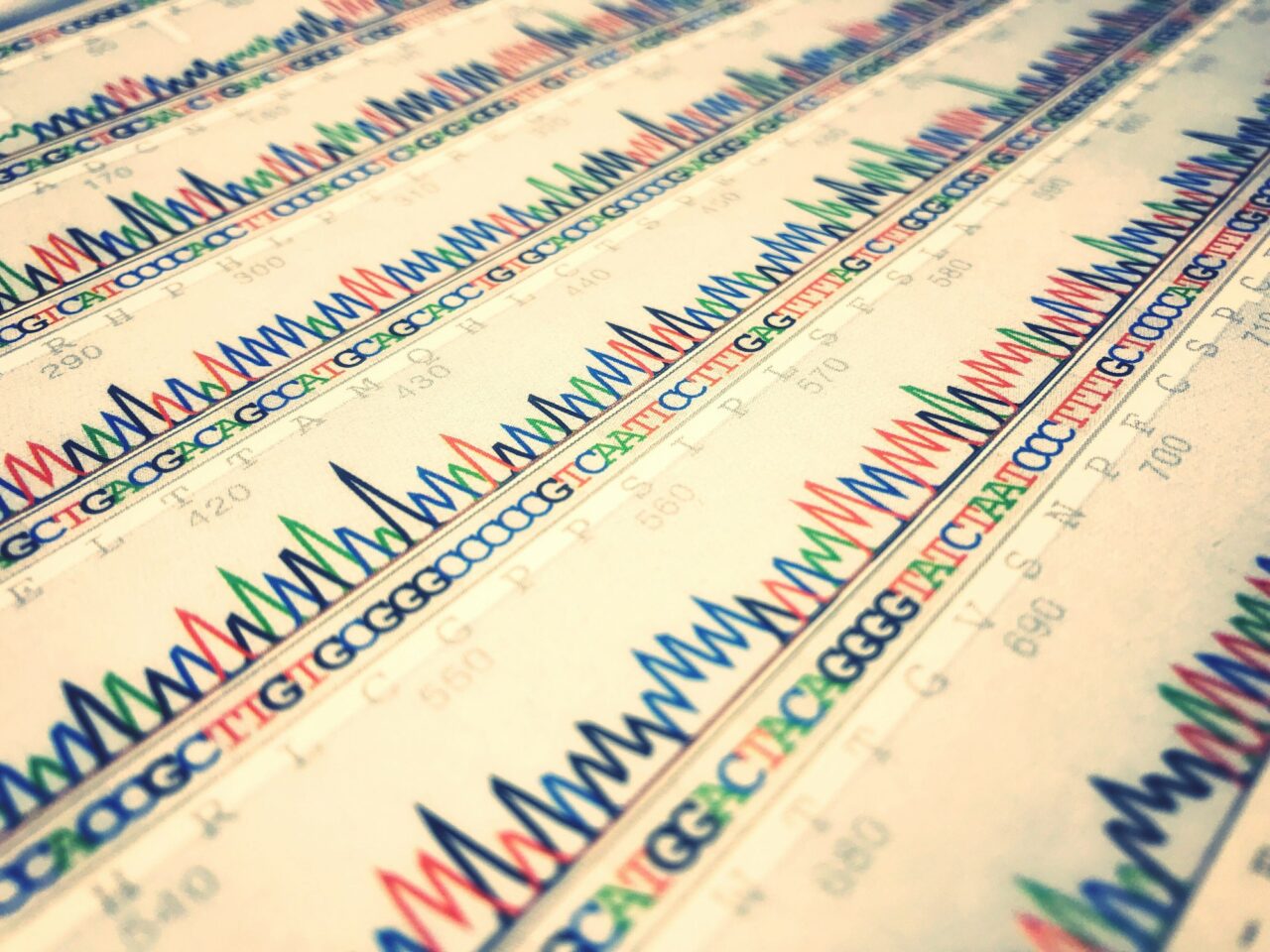The Gruber Foundation at Yale University has named eminent geneticist, Dr. Hugo Bellen, Distinguished Service Professor and March of Dimes Chair in Developmental Biology at Baylor College of Medicine and principal investigator at the Jan and Dan Duncan Neurological Research Institute (Duncan NRI) at Texas Children’s Hospital, as the recipient of the 2024 Gruber Genetics Prize. This prize honors Dr. Bellen’s varied and deeply impactful contributions to genetics research that range from identifying underlying mechanisms for many fundamental biological processes to how disruptions in these pathways lead to rare and common brain disorders and finally, to finding new ways to diagnose and treat these conditions.
 “We are thrilled Hugo has been chosen for the Gruber Genetics Prize, an honor that he richly deserves. Hugo’s many contributions have truly transformed the field of fly and human genetics,” said Dr. Brendan Lee, the Chair of Molecular and Human Genetics at Baylor College of Medicine. “Hugo’s discoveries have not only advanced our understanding of several fundamental biological processes but have also created a huge positive impact in the lives of many patients and their families.”
“We are thrilled Hugo has been chosen for the Gruber Genetics Prize, an honor that he richly deserves. Hugo’s many contributions have truly transformed the field of fly and human genetics,” said Dr. Brendan Lee, the Chair of Molecular and Human Genetics at Baylor College of Medicine. “Hugo’s discoveries have not only advanced our understanding of several fundamental biological processes but have also created a huge positive impact in the lives of many patients and their families.”
The Gruber Foundation honors individuals in the fields of Cosmology, Genetics, Neuroscience, Justice, and Women’s Rights whose groundbreaking work provides new models that inspire and enable fundamental shifts in knowledge and culture. Instituted in 2001, the Gruber Genetics Prize honors a leading scientist or group of scientists in recognition of groundbreaking contributions to any realm of genetics research.
Dr. Bellen has made many important and notable contributions to several areas of genetics and significantly advanced human disease research.
“Hugo’s contributions to genetics stand out for their uniqueness and impact,” said the 2011 Gruber Neuroscience Prize awardee, Dr. Huda Zoghbi, who is also a Howard Hughes Medical Institute investigator, Distinguished Service Professor at Baylor College of Medicine and the founding director of the Duncan NRI. “In addition to being an exceptional scientist, Hugo is also a generous colleague, mentor, and collaborator. I am very happy he has been selected for this prestigious award as it will shine a beautiful light on the power of Drosophila as a model organism to understand biology and human diseases, and will inspire many young scientists.”
Over the course of an illustrious career spanning more than three decades, many of Dr. Bellen’s landmark discoveries have led to a better understanding of how the peripheral nervous system develops and how neurons communicate with one another. He elucidated the role of several important genes and pathways involved in these fundamental processes and, given how highly evolutionarily conserved these pathways are, his discoveries have yielded significant insight into how the human nervous system develops and functions.
Recent seminal discoveries from the Bellen lab have shed light on the mechanisms involved in the pathogenesis of many neurodegenerative diseases that include adult-onset conditions such as Alzheimer’s disease (AD), Parkinson’s disease (PD), multiple sclerosis as well as rare pediatric neurodegenerative conditions like MEPAN syndrome and Infantile Neuroaxonal Dystrophy. By studying the molecular mechanisms of genes that cause rare diseases, Dr. Bellen and his team have discovered novel pathways and mechanisms by which neurons communicate with glia in the brains of AD and PD animal models and patients, as well as identified novel potential therapeutic strategies for these conditions.
In 2014, Dr. Bellen established the first Model Organism Screening Center, an important part of the National Institutes of Health’s Undiagnosed Diseases Network (UDN) to pioneer the use of fruit flies to diagnose and find treatments for rare and undiagnosed human diseases. His research team, in collaboration with others at the UDN, Baylor College of Medicine, and the Duncan NRI, has discovered more than 40 genes that cause rare and novel human genetic diseases. This ongoing work, conducted in close collaboration with patients, their parents, and clinicians, has ushered in a new era of using organisms like fruit flies, worms, and zebrafish as genetic models or ‘living test tubes’ to identify and study human disease processes.
Throughout his career, Dr. Bellen has been a leader in developing innovative genetic methods and reagents as well as new bioinformatics tools to study genes in fruit flies. He has created and generously shared a vast library of genetic tools and reagents that have greatly propelled the research of fruit fly biologists around the world and benefited the scientific community at large. A few examples of the tools he and his team have created include the development of the enhancer trap method to detect expression patterns of genes, the construction of genomic libraries and chromosomal duplications, the identification of P-element and Minos insertions in 70% of the fly genes in public databases, and the development of novel gene tagging strategies.
Dr. Bellen is also a celebrated mentor, having taught—and inspired—a generation of geneticists, many of whom are now internationally known scientists.
“I feel truly honored and humbled to be selected for an award whose ranks include distinguished geneticists,” Dr. Bellen said. “I am deeply indebted to all my past and current lab members and collaborators as well as funders, donors, patients, and their families whose support makes our research possible.”
Dr. Bellen will receive the Gruber Genetics Prize at the Allied Genetics Conference in National Harbor, Maryland on March 10, 2024. The Prize will consist of a gold pin, a citation, and an unrestricted cash award of $500,000.


